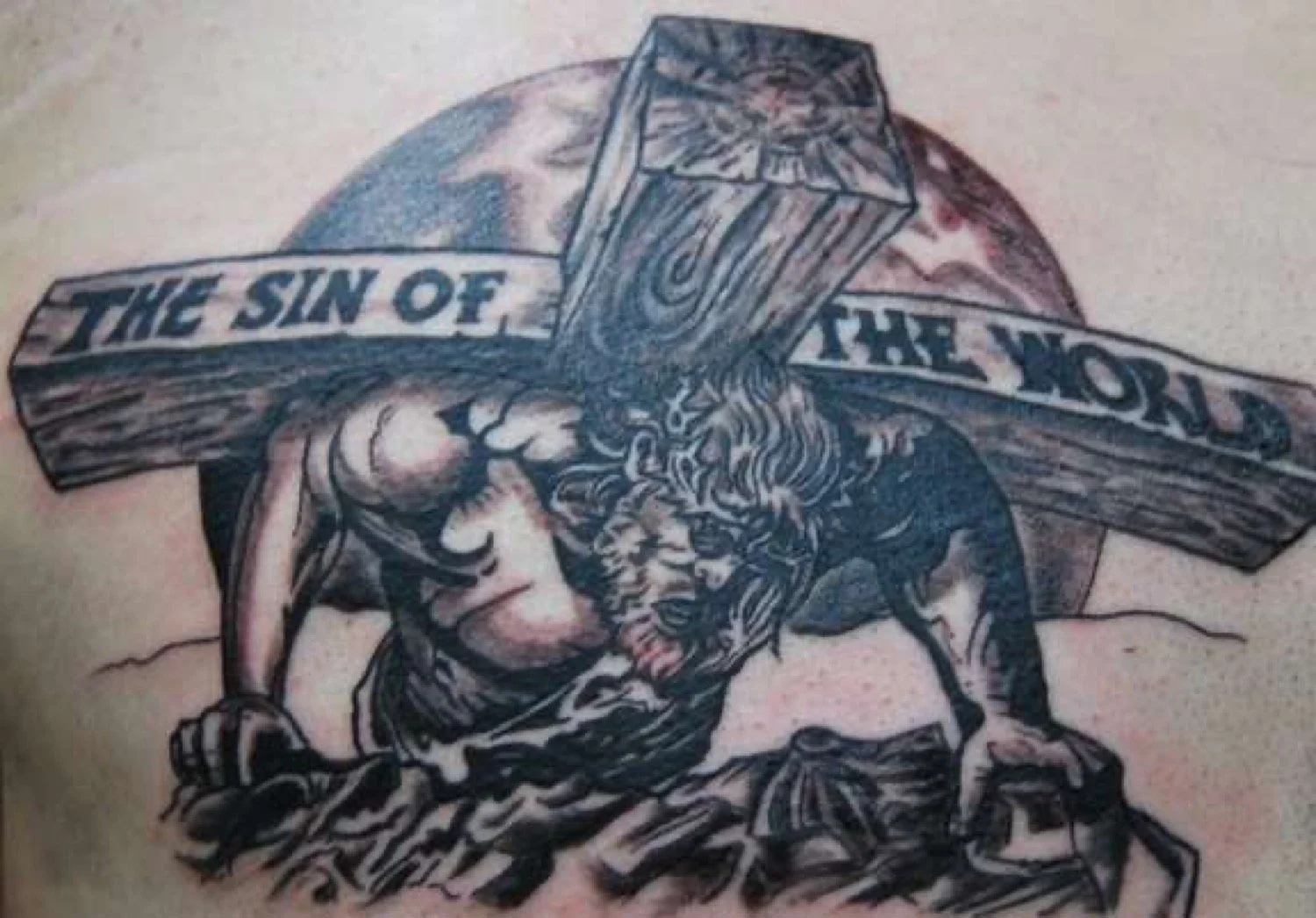Readings for today: Nehemiah 5-7
The call of the gospel is to lay down our lives for others. To do as Jesus did. Jesus is God. As such, He could have chosen to hold onto His divine right to rule. His divine right to reign. His divine right to wield authority and power and compel obedience. But Jesus relinquished those rights. He laid them aside. Taking on the form of a servant. He became obedient even unto death. And not just any death but the most humiliating, degrading death possible. Death on a cross. At any time, He could have called down legions of angels to crush His enemies. At any time, He could have taken back up His authority and destroyed His enemies. But Jesus relinquished His rights because He had a greater prize in mind...the approval of His Heavenly Father. Jesus put no stock in the ways of this world. The accolades of this world. The kingdoms of this world. The treasures of this world. He placed no value on anything this world had to offer and instead looked to the world to come for His hope. This is why His Father exalted Him to the highest place and gave Him the name above every name. His willingness to lay everything down in humble obedience to His Father’s will was vindicated by His resurrection and exaltation.
I see Christ in Nehemiah. A man who was willing to relinquish his rights and lay everything down for the sake of God’s people. A man who put service to His nation above his own well-being. He had every right to demand tribute as governor. He had every right to levy taxes and exact a heavy toll on his constituents. He had every right to demand a portion of the interest the wealthy had placed on the poor. But he gave all that up and by doing so, set a godly example before the people. “From the time that I was appointed to be their governor in the land of Judah...neither I nor my brothers ate the food allowance of the governor. The former governors who were before me laid heavy burdens on the people and took from them for their daily ration forty shekels of silver...But I did not do so, because of the fear of God. I also persevered in the work...we acquired no land...what was prepared at my expense for each day was one ox and six choice sheep and birds, and every ten days all kinds of wine in abundance. Yet for all this I did not demand the food allowance of the governor, because the service was too heavy on this people.” (Nehemiah 5:14-19) And how did the people respond to such godly leadership? The rich forgave the debts of the poor. Land was restored to their rightful owners. Interest was no longer accrued. The people were set free. Such acts of generosity were a sign to everyone that God was in their midst.
What about us? We live in a nation consumed with selfishness and greed. Everyone seems out to get “theirs.” Everyone is concerned about protecting their “rights.” Everyone wants justice. The problem is we don’t all share the same view of justice. We believe all truth is relative. We all want an equal share but often refuse to make equal sacrifice. Too many feel entitled to what they have rather than view it as a gift from God. Too many do all they can to protect what they have rather than walk with open hands. Too many hoard all they have rather than give generously. And here I‘m just talking about Christians! The very people who claim to follow Christ!
It is estimated by Relevant Magazine that if every American who called themselves a Christian tithed, an additional 165 billion dollars annually could be raised. Think of the global problems that could be solved or tackled with that kind of money! According to the United Nations, it would cost 265 billion dollars to potentially solve world hunger. Our tithe dollars could get us more than halfway there! According to the World Bank, 150 billion dollars could potentially provide clean water access to every human being on the planet. Think of the disease that could be prevented! Childhood mortality rates would plunge! According to UNESCO, 14 billion could potentially provide literacy to 20 of the world’s most illiterate populations. Literacy opens the door to education and job creation and all kinds of economic growth. Imagine how the reputation of the church would change if we got serious about following the example of our Savior and laid down our lives for others? Imagine how the world would change if the church would relinquish her rights and instead sought to serve? Imagine how many lives would be saved if we truly embraced the heart of the gospel like Nehemiah and so many others who have gone before us?
Readings for tomorrow: Nehemiah 8-10




